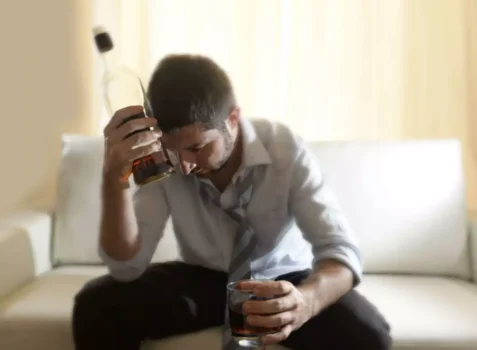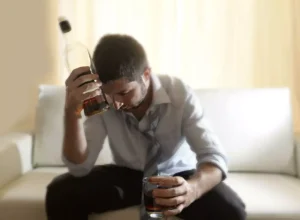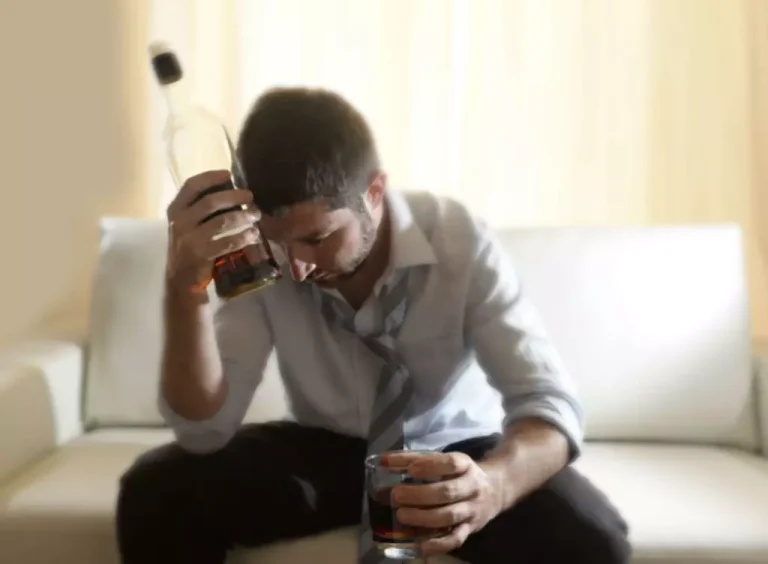Address
304 North Cardinal
St. Dorchester Center, MA 02124
Work Hours
Monday to Friday: 7AM - 7PM
Weekend: 10AM - 5PM
Address
304 North Cardinal
St. Dorchester Center, MA 02124
Work Hours
Monday to Friday: 7AM - 7PM
Weekend: 10AM - 5PM

If you’ve stopped drinking alcohol, but are still having sleep issues, be sure to reach out to a sleep specialist. It’s important to treat sleep disorders such as insomnia (difficulty falling or staying asleep) or sleep apnea (when breathing stops multiple time a night) if they are present. Drinking alcohol before bed can cause heavier snoring and increase the risk of sleep apnea by 25%. Sleep apnea can overall lower your quality of sleep and cause disruptions throughout the night. Many of us have indulged in a glass of wine to help send us off to bed, and more than 1 in 10 people uses alcohol to beat stress-related insomnia and sleep better at night. However, the bulk of the evidence shows that alcohol doesn’t improve sleep.
Sleep deprivation due to alcohol consumption can =https://ecosoberhouse.com/ exacerbate performance impairment and daytime sleepiness. During the final hours of sleep when alcohol is metabolized by the body, it can have a disruptive effect on sleep, causing frequent waking and fragmented sleep. Ultimately, alcohol can decrease the amount and quality of sleep you get.


These can happen during arousals from rapid eye movement (REM) sleep or non-rapid eye movement (NREM) sleep. Alcohol can disrupt your sleep and reduce your ability to have consistent REM sleep. When consumed before bedtime, alcohol can increase your risk of experiencing insomnia and its related symptoms. Many people turn to alcohol to cope with difficult feelings, but alcohol may end up having the opposite effect if it interferes with sleep. For example, people with moderate or severe anxiety who use alcohol in hopes of sleeping better are actually more likely to have sleep problems.


It’s common for someone who’s alcohol-dependent to experience long-term sleep problems since insomnia and other sleep disorders are typical symptoms of alcoholism. Over time, poor quality sleep can have a negative influence on many different aspects of your life, including your long-term health. If you’re experiencing sleeping issues, whether related to alcohol consumption or not, consider talking to your Oxford House health care provider or a sleep specialist. Heavy drinking can make the sleep- and circadian rhythm-disrupting effects of alcohol worse. But even a regular, moderate routine of two to three drinks a day is enough to create sleep and performance problems for many people. Alcohol can have a sedative or stimulant effect depending on the dose and the time between drinking and bedtime.
Individuals with insomnia have difficulty maintaining a consistent sleep schedule. Experts state that acute insomnia lasts up to a few days to weeks, while chronic insomnia continues for several months. Join our Sleep Care Community — a trusted hub of alcohol insomnia sleep health professionals, product specialists, and people just like you. Whether you need expert sleep advice for your insomnia or you’re searching for the perfect mattress, we’ve got you covered. His research and clinical practice focuses on the entire myriad of sleep disorders. While a drink now and then may have a sedative effect that causes you to drift off faster, research shows that it can impede sleep quality in the long run.

It’s best to treat any co-occurring disorders with proper detoxing from alcohol use to avoid severe withdrawal symptoms. Generally, even healthy alcohol consumption can lead to poor sleep quality. And though it may help in the short term, drinking alcohol before bed can actually lead to a night of horrible, restless sleep. Reducing your alcohol intake, especially in the hours leading up to your bedtime, can help you wake up well-rested and energized in the morning. In addition, since poor sleep can negatively affect one’s health, the benefits of a restful night go beyond feeling alert in the morning. “Typically, it’s advised to stop drinking alcohol around three to four hours before bed.